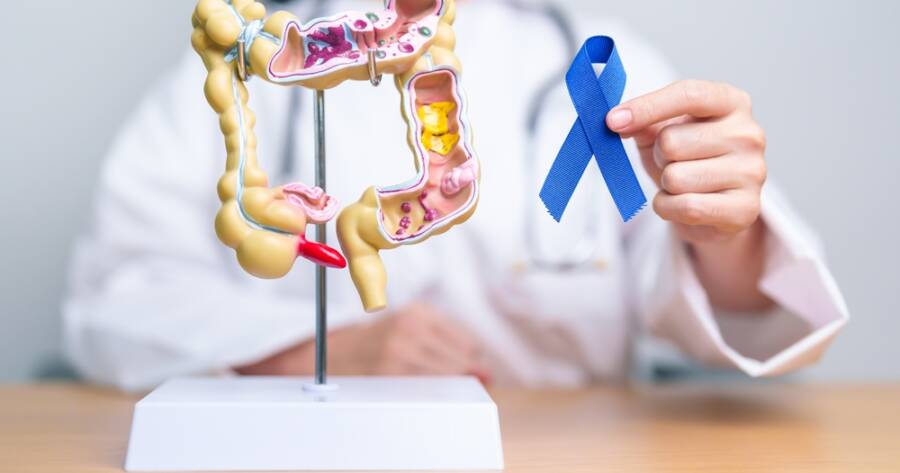Recognizing colon cancer warning signs is crucial for early detection and effective treatment. Symptoms like persistent abdominal pain, changes in bowel habits, and unexplained weight loss should not be ignored. Learn the key warning signs to protect your health and seek timely medical care.
What Are the Signs of Colon Cancer?
Colon cancer is the third leading cause of cancer-related deaths in the United States, with an estimated 147,950 new cases and 53,200 deaths in 2020.1 Early detection is crucial for successful treatment, as the chances of survival are significantly higher when the disease is found and treated at an early stage. Therefore, it is essential to be aware of the signs and symptoms of colon cancer and to seek medical attention if any of these symptoms persist.
One of the most common signs of colon cancer is a persistent change in bowel habits, such as diarrhea or constipation, or a change in the consistency of stool. Other symptoms may include rectal bleeding or blood in the stool, which can be bright red, dark red, or black. Narrow stools, a feeling of incomplete bowel movements, or frequent gas pains or bloating may also be indicative of colon cancer. Unexplained weight loss, fatigue, and persistent abdominal pain are additional symptoms that should not be ignored.2
It is important to note that these symptoms can also be associated with other conditions, so it is crucial to consult a healthcare professional for proper evaluation and diagnosis. Regular screening tests, such as colonoscopies and stool tests, are recommended for individuals over the age of 45 or those with a family history of colon cancer to detect the disease at an early stage when it is most treatable.
Colon Cancer: Causes and Risk Factors
The exact causes of colon cancer are not fully understood, but several risk factors have been identified. Age is a significant factor, as the risk of colon cancer increases with advancing age. A personal or family history of colon cancer or polyps, as well as a history of inflammatory bowel disease (IBD), such as ulcerative colitis or Crohn’s disease, can also increase the risk. Certain lifestyle factors, such as a diet low in fiber and high in red and processed meats, smoking, excessive alcohol consumption, and obesity, have been associated with an increased risk of colon cancer.
Genetic factors also play a role in the development of colon cancer. Some inherited gene mutations, such as Lynch syndrome (hereditary nonpolyposis colorectal cancer) and familial adenomatous polyposis (FAP), can significantly increase the risk of developing colon cancer. These genetic conditions are relatively rare, but individuals with a family history of colon cancer or polyps should discuss their risk with a healthcare professional and consider genetic testing if appropriate.
It is important to note that having one or more risk factors does not necessarily mean that an individual will develop colon cancer. However, being aware of these risk factors can help individuals make informed choices about their health and lifestyle, and to discuss appropriate screening and prevention strategies with their healthcare provider.
Preventing Colon Cancer: What You Can Do
While some risk factors for colon cancer, such as age and family history, cannot be modified, there are several steps individuals can take to reduce their risk and promote colon health.
Adopting a healthy lifestyle, including a balanced diet rich in fruits, vegetables, and whole grains, and regular physical activity, can significantly reduce the risk of colon cancer. Maintaining a healthy weight, avoiding excessive alcohol consumption, and quitting smoking are also important preventive measures. Additionally, regular screening tests, such as colonoscopies and stool tests, are crucial for early detection and removal of precancerous polyps or early-stage cancer.
Individuals with a personal or family history of colon cancer or polyps, or those with certain genetic conditions, may require more frequent screening or additional preventive measures.3 It is essential to discuss individual risk factors and appropriate screening strategies with a healthcare professional to ensure the best possible protection against colon cancer.
Learn More About Colon Cancer
Being aware of colon cancer warning signs can significantly impact early diagnosis and treatment outcomes. Prioritize your health by understanding and monitoring these symptoms. Learn more to stay informed and take proactive steps toward cancer prevention and care.
